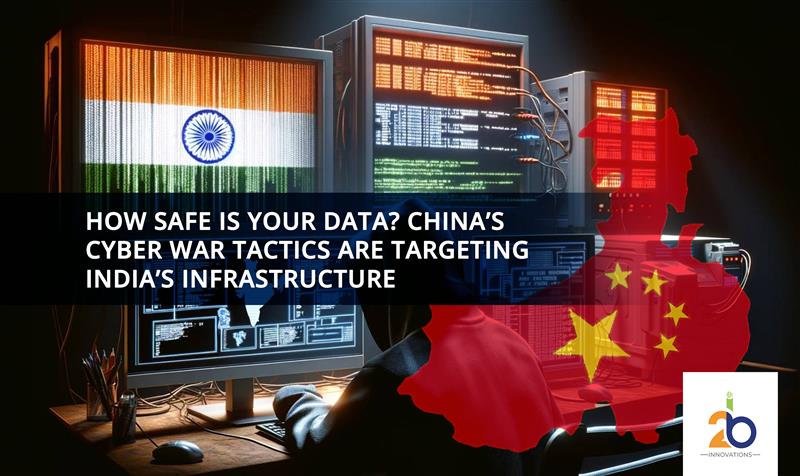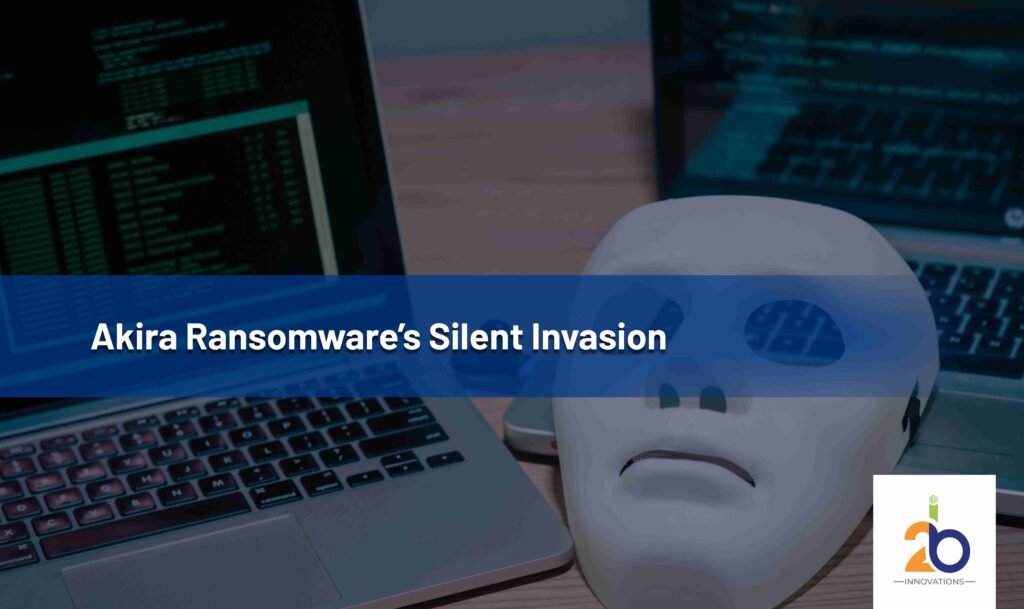
In a world where convenience often trumps caution, the rising tide of cyberattacks, especially those emanating from China, serves as a stark reminder of the digital risks we face every day. With high-profile incidents, like the 2021 attacks on national grids and the 2023 breach of AIIMS servers, the question arises: Could these attacks have been avoided? The answer, unfortunately, is often hidden in plain sight. It lies within the very apps we mindlessly download, the data we freely share, and the private companies that we entrust with our personal information.
Digital convenience is a double-edged sword. In our race to stay connected and efficient, we’ve failed to realise that the very platforms we use to simplify our lives are, at times, contributing to our downfall.
The Chinese Link: An Ongoing Threat
For years, India has been fighting a quiet war in cyberspace, with Chinese-backed cyberattacks targeting everything from critical infrastructure to personal data. In 2020, the Mumbai power outage disrupted millions of lives when malware from Chinese-linked sources attacked power grid systems. The attack was one of the first signs that China wasn’t just spying, it was sending a message. This was followed by the high-profile AIIMS cyberattack in 2023, which compromised sensitive health data and exposed critical gaps in India’s cyber defences.
But the real question is: How were these cyberattacks able to slip through the cracks of national security? The answer lies in a collaboration that has gone unnoticed: private players and third-party apps.
Apps like TikTok, PUBG, WeChat, and Club Factory were banned in India for their suspected links to Chinese servers, which were used to syphon off data, often without the users’ knowledge. These apps often have access to private data, including location, contacts, browsing history, and even camera and microphone access. While these apps are portrayed as harmless entertainment, they have, in fact, been spying tools in disguise.
The real enemy is not just the hackers themselves. It’s the private companies that unknowingly serve as gateways for espionage, transferring user data to foreign powers.
A Grave Situation: Data Vulnerability
In 2023, India experienced the world’s largest data breach to date, when 81.5 crore Indian citizens had their data compromised. What’s even more alarming is that this breach had a direct link to China. Sensitive information, including personal identification numbers, health records, and financial data, was accessed, often without the victims ever knowing. These leaks didn’t happen in a vacuum. They were part of a much larger, more coordinated cyber espionage campaign.
Intelligence agencies have confirmed that these attacks often begin with seemingly harmless apps or private companies interacting with Chinese servers. Data collected from Indian users is sent to servers in China, where it’s stored and analysed. This information isn’t just used for profiling; it is actively weaponized to manipulate or sabotage critical infrastructure.
“Data is the new oil,” says a cybersecurity expert.”But in the wrong hands, it can be used as a weapon to destabilise economies and nations.“
Behind the Scenes: How Cyber Espionage Happens
Imagine a scenario where you innocently download an app on your phone, thinking nothing of it. It asks for permissions to access your camera, microphone, location, and contacts permissions you mindlessly grant in a hurry. Behind the screen, a well-organised cyber network is gathering this data and sending it to Chinese servers.
This is the reality of modern cyber threats. Data is being harvested at an alarming rate, and this data is being used to plan and execute large-scale attacks. Hackers can manipulate power grids, disrupt healthcare systems, and even compromise military operations by exploiting the data they’ve collected.
This is not just about data leakage, this is a full-blown security issue. “Hackers can use personal data to launch attacks on critical infrastructure disrupting the very systems that keep society functioning.”
The Consequences: What’s at Stake?
The fallout from these attacks is not just limited to lost data or minor breaches. The long-term consequences are far more severe. By compromising critical infrastructure such as power grids, healthcare systems, or banking operations cybercriminals can cause chaos that disrupts entire nations.
The 2020 Mumbai power outage is a case in point. The malware planted in the grid system wasn’t just a blip in the system, it had the potential to bring down the entire city’s power infrastructure. Healthcare systems, too, are prime targets. In the AIIMS attack, hackers disrupted medical records, potentially jeopardising lives.
Imagine a power outage that lasts for days, not hours. Imagine hospitals being unable to access medical records during an emergency. That’s the kind of risk we’re facing. It’s not just data, it’s people’s lives at stake.
The Role of Private Companies and Apps in Cyber Espionage
What’s particularly worrying is the role played by private companies in this digital espionage. Many companies, under the guise of providing security services or entertainment apps, have been complicit in unknowingly facilitating cyberattacks. Apps that collect personal data and send it to servers in countries with questionable data security policies become the perfect vectors for espionage.
A recent investigation revealed how Chinese-backed malware campaigns target Indian users. Malicious applications, disguised as legitimate tools, are being used to syphon data. One such application was a fake EPFO login page, which was found to be communicating with a server in China. It’s a sophisticated game of cat and mouse, where hackers continue to adapt, and we, as users, continue to fall for their traps.
What Can Be Done: The Road Ahead
So, what’s the solution? While it’s tempting to blame foreign powers or hacking groups, the real answer lies within India’s own cybersecurity framework. We need stronger data protection laws, stricter regulations on third-party apps, and more public awareness about the risks associated with digital convenience.
Data localization is crucial. Sensitive information should remain within Indian borders, ensuring we retain control over it. Collaboration between the government and private firms is essential to detect and prevent attacks before they happen.
India must also prioritise cybersecurity education for both private companies and consumers. If users are not aware of the risks, they will continue to grant unnecessary permissions to apps without a second thought. Vigilance, after all, is the first line of defence.
Vigilance Over Convenience
As we move forward in this digital age, it’s crucial to remember that convenience often comes at a cost. Our data is being collected, monitored, and, in some cases, exploited. The next time you download an app, take a moment to consider what data it’s asking for and whether you really need to give it access.
We are all responsible for our own security. One careless click, one forgotten permission, can lead to catastrophic consequences. We cannot afford to be complacent in the face of evolving cyber threats.
At 2B Innovations, we believe in empowering individuals and organisations to secure their digital futures. In the fight against digital espionage, knowledge is power. Stay informed, stay cautious, and above all, stay vigilant. Because in the digital world, one breach can change everything.
Explore our solutions and resources today. Visit our website for more insights into how you can protect yourself and your data.



